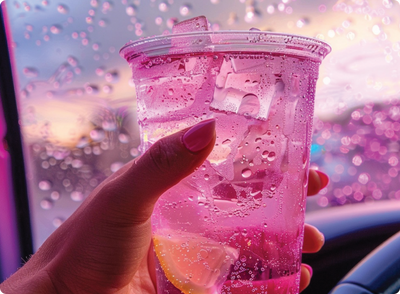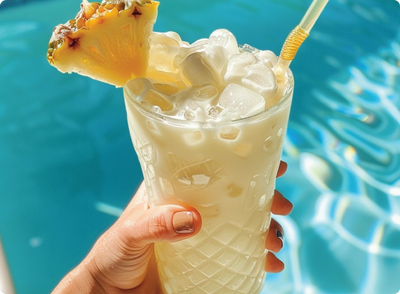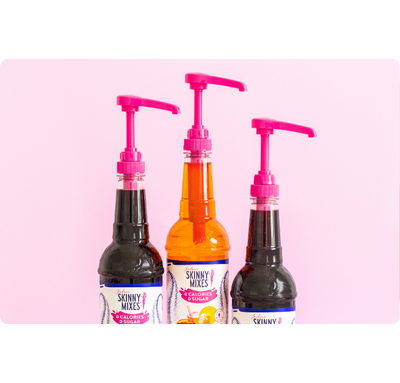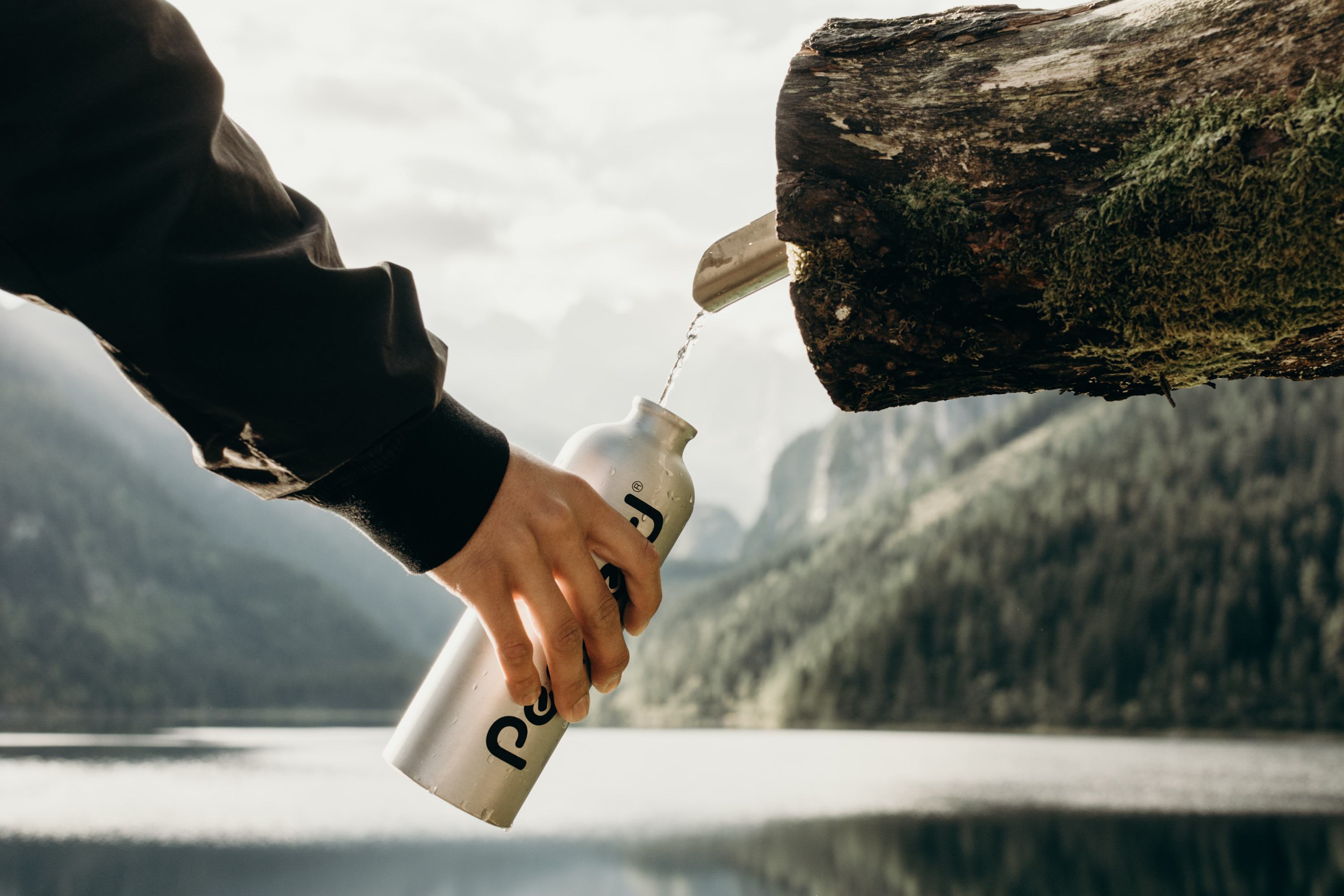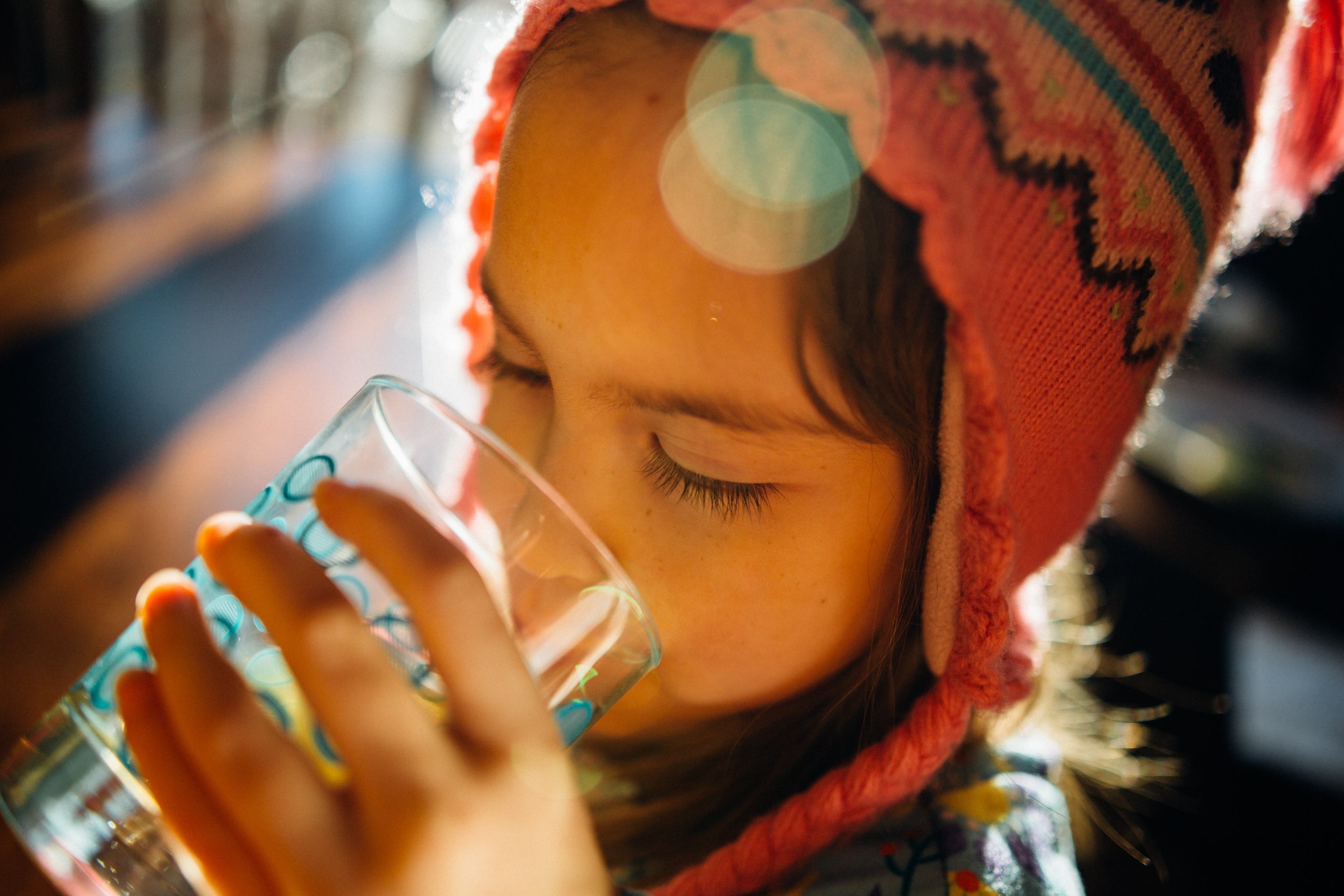How Many Glasses of Water Per Day?
Our bodies contain 60% water. We constantly lose water throughout the day, mainly through sweat and urine, but also from normal bodily functions such as breathing. To avoid dehydration, you must drink plenty of water. However, there are many opinions on how much water you should consume per day.
According to health specialists, you should drink at least eight eight-ounce glasses daily–that’s approximately half a gallon of water or two liters a day. This is often known as the eight by eight rule and is relatively easy to remember. However, some health experts believe you should sip water frequently throughout the day, even if you aren’t thirsty.
Like many things, this depends largely on the person. External and internal factors ultimately influence how much water our bodies need throughout the day.
How Much Water Should You Drink in a Day?
How much water you should drink throughout the day depends on many factors and varies from person to person. The National Academies of Sciences, Engineering, and Medicine suggest women should drink at least ninety-one ounces of water and men should drink at least 125 ounces daily. This includes fluids from food, water, and beverages, such as juice, coffees, and teas. You can get approximately 20% of your water from the drinks and foods you eat.
Of course, just like when considering the best sugar-free simple syrup, it’s important to determine what the best water for drinking really is. Additionally, how many glasses of water you need to drink per day depends on certain factors, such as:
- The place you live–you’ll need to drink more water if you live in a hot, dry, or humid environment. You’ll also need to consume more water if you live in high-altitude areas like the mountains.
- Your diet–if you drink too much coffee and other caffeinated drinks, you may lose a lot of water through urination. You may need to drink a lot of water if your diet is heavy with spicy, salty, or sugary foods. Plus, you may need to drink more water if you eat less hydrating foods, such as cooked or fresh vegetables and fruits.
- The season, temperature, or environment–you might need to drink more water during warmer months than cooler ones because of perspiration. If you spend a lot of time outdoors in the sun, in hot temperatures, or in a heated room, you’ll feel thirsty more quickly.
- Activity levels–how much water you need depends on how active you are. If you are someone who exercises, your body will need to be hydrated because of water loss due to sweating. Someone who spends most of their time sitting may not need to drink as much water
- Your overall health–if you have a fever, an infection, or have lost too many fluids through diarrhea or vomiting, you may need to drink more water. In addition, if you have health conditions, such as diabetes, high water intake is advised. Some medications like diuretics can also cause you to lose a lot of water.
- Breastfeeding or pregnancy–if you’re pregnant or breastfeeding your baby, your body needs high amounts of water to remain hydrated.
Many factors determine how much water you need to stay hydrated and healthy. These factors include your activity levels, environment, and health. But can a bottle of water go bad? Click here to check out our latest article.
Final Thoughts
No one can tell you exactly how much water your body needs daily. This depends on many factors, such as your environment, health, and activity. Experiment to see what works best for your body; for example, some people might function better after drinking more water than usual, whereas for others, that only causes frequent trips to the bathroom.
If you’re looking to keep things simple, follow these guidelines:
- Drink water regularly throughout the day for clear and pale urine.
- Drink water when you’re thirsty.
- During intense workouts and if you live in hot and dry areas, ensure you drink enough water to compensate for water loss.



